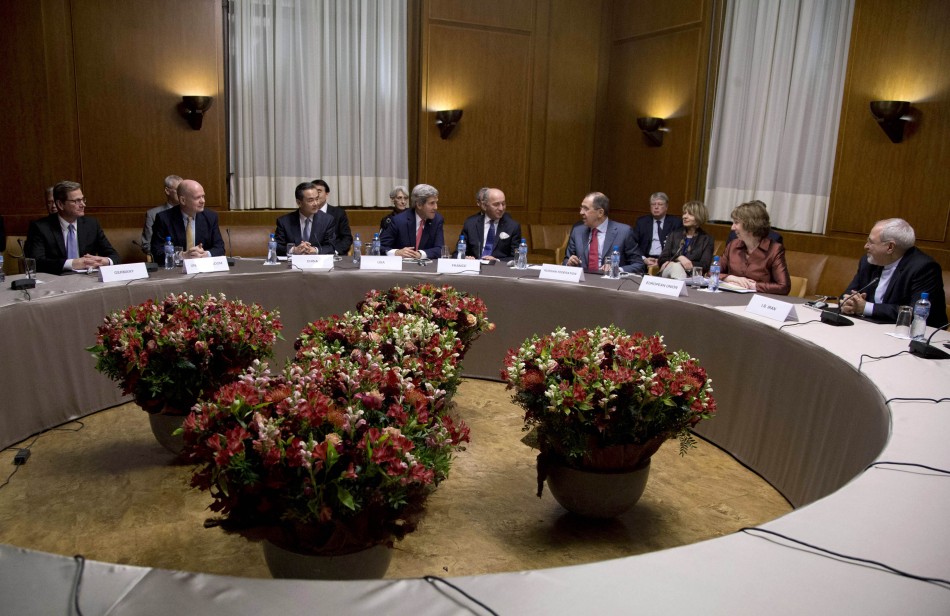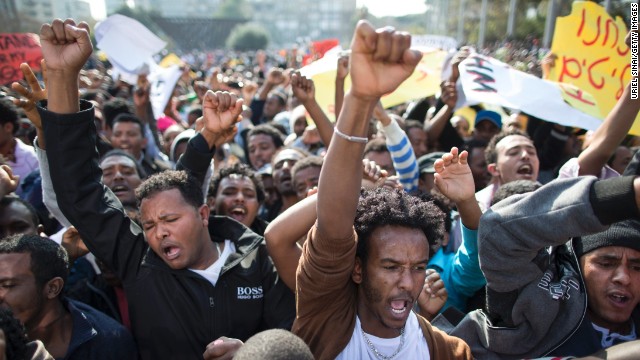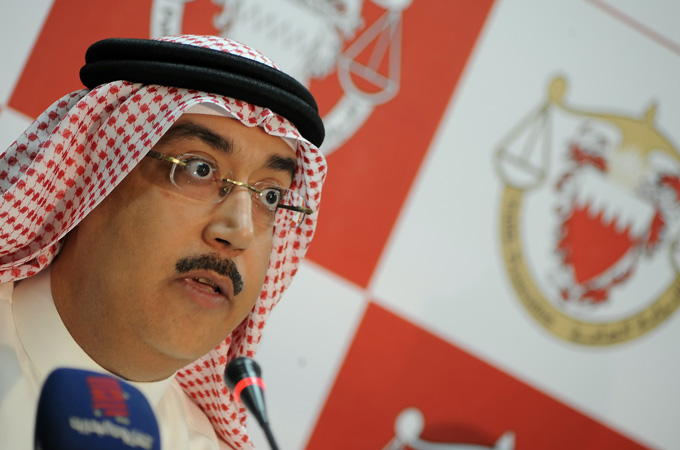By Darrin Simmons
Impunity Watch Reporter, Middle East
TEHRAN, Iran-As the world powers are set to resume meeting in Geneva, nuclear talks with Iran are resuming. Discussions center on activating a landmark deal to reign in Tehran’s nuclear program.

“The talks will focus on remaining issues pending a political decision before the deal can go into effect on January 20, a date mooted by both sides,” said Iranian foreign ministry spokeswoman Marzieh Afkham.
The two-day meeting began yesterday between Abbas Araqchi, Irans negotiator, and Helga Schmid, the representative of the P5+1 group of world powers. The U.S. State Department confirmed that Wendy Sherman, U.S. Under Secretary of State for Political Affairs, would also be in attendance.
The last attempt at discussion occurred in mid-December involving technical experts from Iran as well as the U.S., China, Russia, Britain, France, and Germany.
Under the deal discussed, Iran will receive modest relief from international sanctions and a promise of no new measures against Iranian economy if Iran reduces parts of its nuclear drive for six months.
Mohammad Javad Zarif, the Iranian Foreign Minister, has voiced optimism regarding the regarding the talks, but observes have warned of potential delays. The European Union, which is chairing the P5+1 group, has kept a tight lid on details surrounding the talks.
The U.S. has been the driving force in implementing the interim deal with Iran. Western nations have long suspected the development of atomic weapons under Iran’s nuclear program; a claim that has been strongly denied by officials in Tehran.
“We have to make sure our right to research and development is respected,” stated an Iranian government official. His claim follows alongside officials in Tehran saying that the actions related to Iran’s nuclear program are part of crucial research.
Meanwhile, Iran’s supreme leader, Ayatollah Ali Khamenei, has expressed his disdain for the actions of the U.S., referring to the nation as “Satan”. “We had announced previously that on certain issues, if we feel it is expedient, we would negotiate with the Satan (the U.S.) to deter its evil,” said Khamenei.
However, Javad Zarif, who is also the chief nuclear negotiator, said he was confident of a positive outcome from the Geneva talks. “The nuclear talks are continuing with serious and strong political will,” stated Zarif.
For more information, please see the following:
Al Arabiya-Iran’s Khamenei: deterring evil worth talking to Satan-09 January 2014
Al Jazeera-Iran set to resume nuclear talks in Geneva-09 January 2014
International Business Times-West Wary of Iran’s Centrifuge Research as Talks on Nuclear Deal Set to Resume-09 January 2014
Israel National News-Iran, World Powers Resume Talks on Geneva Deal-09 January 2014



